





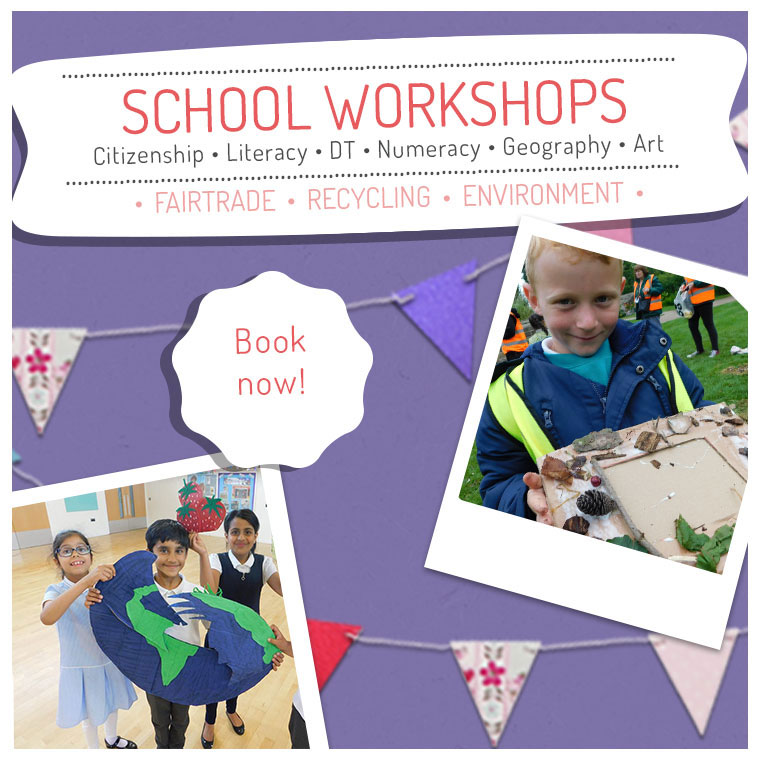
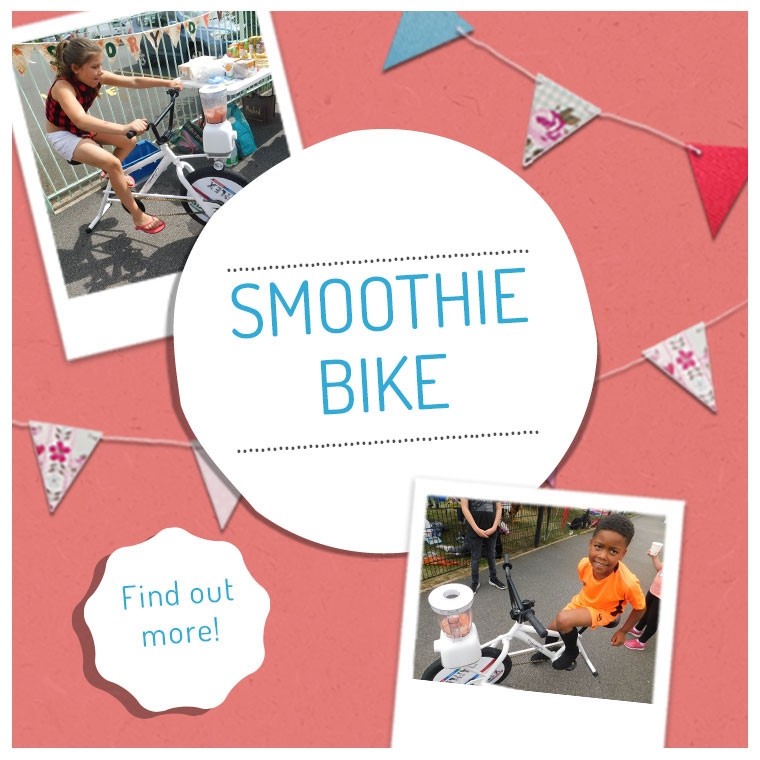

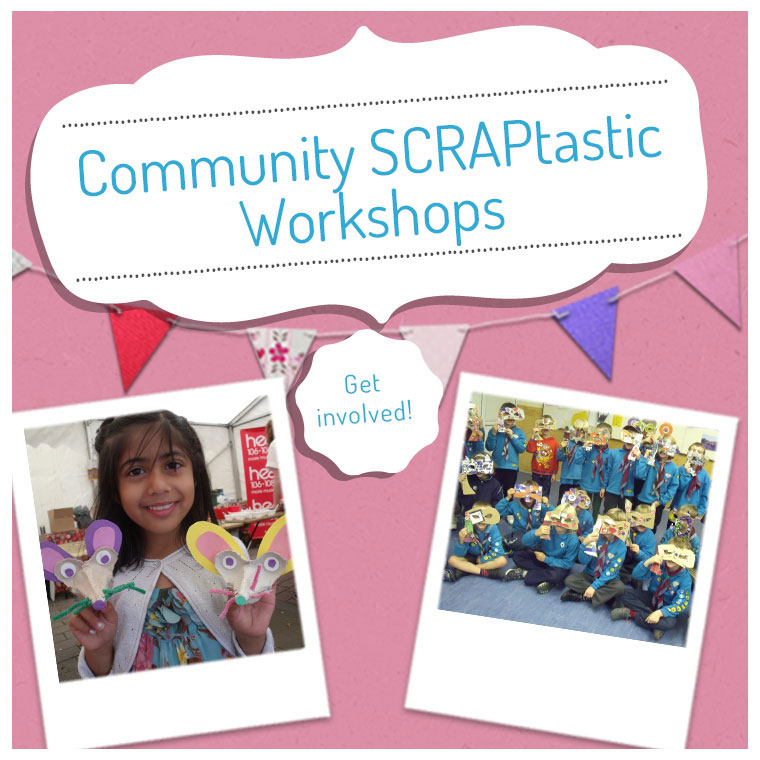
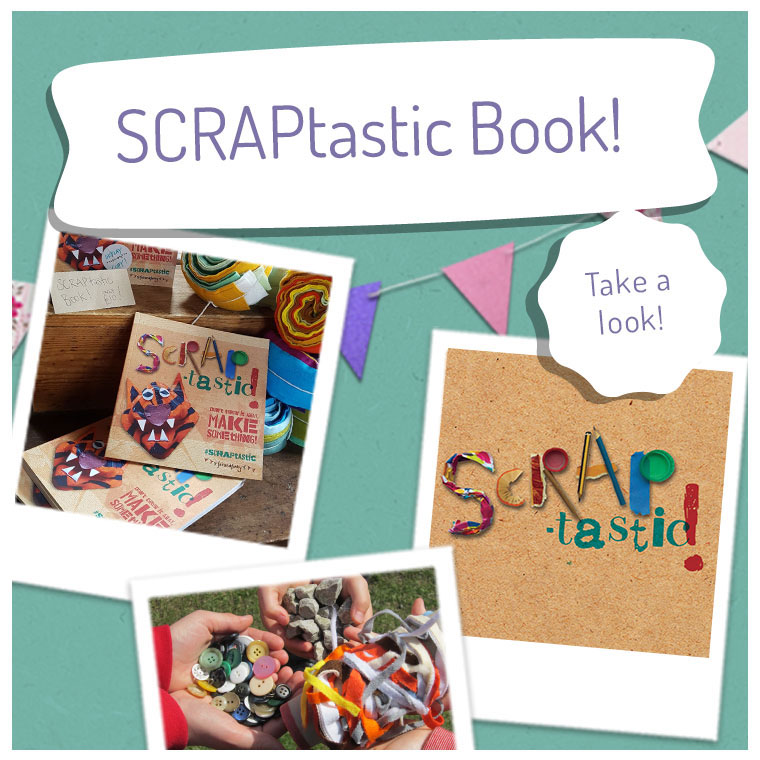

It’s Fairtrade Fortnight. A time when campaigners shout louder than ever for Fairtrade producers. Climate Change is having a real impact on farming communities all over the world, not least Fairtrade producers. And our favourite foods are under threat. We’re always keen to share stories from the people behind the products so have invited our Fairtrade friend Joanna to the guest blog, to share her first hand experience of visiting cocoa farmers in Ghana:
“Around 70% of the world’s cocoa comes from just two countries in West Africa – Ghana and Cote d’Ivoire. Since the first cocoa trees were planted in Ghana in 1879 cocoa has been the country’s most important export, and millions of cocoa farmers rely on the crop for their livelihood. But in the centuries before cocoa came to the country, Ghana (then known as the Gold Coast) had a vital part to play in one of the world’s greatest tragedies. The slave forts and castles along the coast – built by Europeans – were the main ports of departure for millions of enslaved people forcibly shipped to the Americas for 400 years. The global unfair trading system that persists started here – people with money and privilege demanding free labour from people to maximise profits.
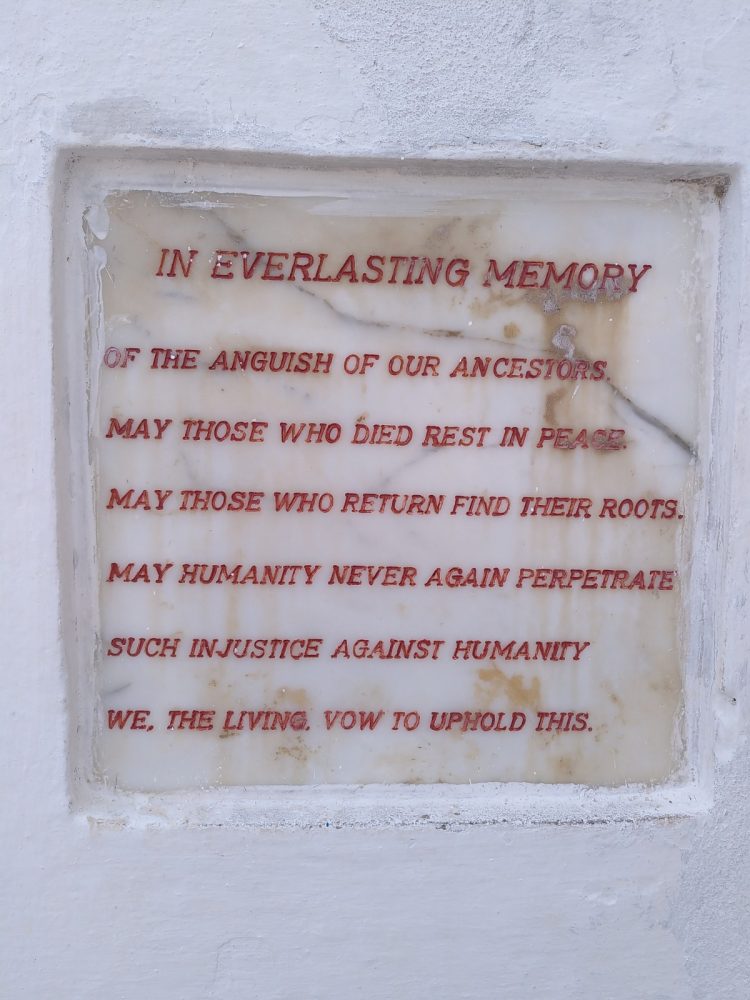
I visited Ghana in October 2022 and my trip included visits to three important places in the history of the Transatlantic Slave Trade – forts where enslaved people were held before being loaded onto boats to cross the Atlantic. My guide Thomas showed me the dungeon at Cape Coast Castle where you find a plaque. Visitors are asked to read the plaque and pledge to never repeat the tragedy.
I wanted to visit New Koforidua – Africa’s first fair trade town, declared in 2004. In 2011 the Co-operative House was built as a haven for fair trade campaigners to immerse themselves in a cocoa growing area and really understand the challenges cocoa farmers face. Frederick, a member of Kuapa Kokoo Fairtrade co-operative whose beans go into Divine chocolate gave me a tour of his farm. He told me climate change is making his job more unpredictable.
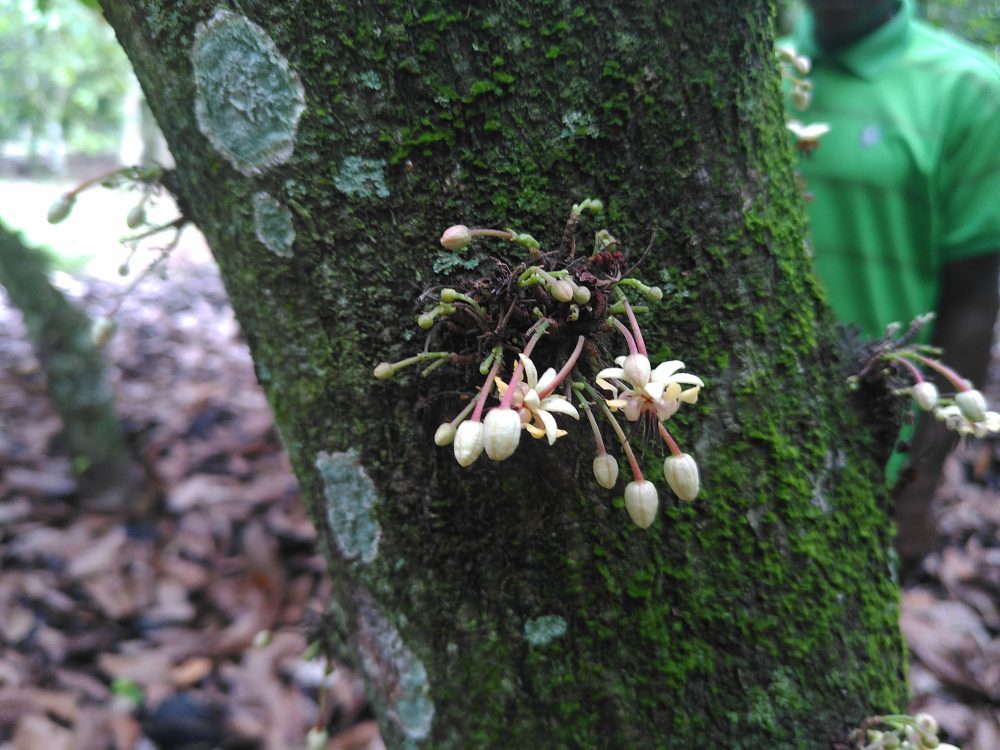
Cocoa pods start off as flowers and ideally the flowers are coming through in the rainy season – they are very delicate and drought can cause them to fall off the tree. Each flower that fails means losing around 40 beans. The cocoa harvest is in autumn, historically the dry season. The drying process takes around a week. If it takes longer – due to rainfall disrupting the process, the beans won’t be good enough. Rain when you need it to be dry and drought when you need rain make life harder for cocoa farmers when their livelihood relies on selling quality beans.
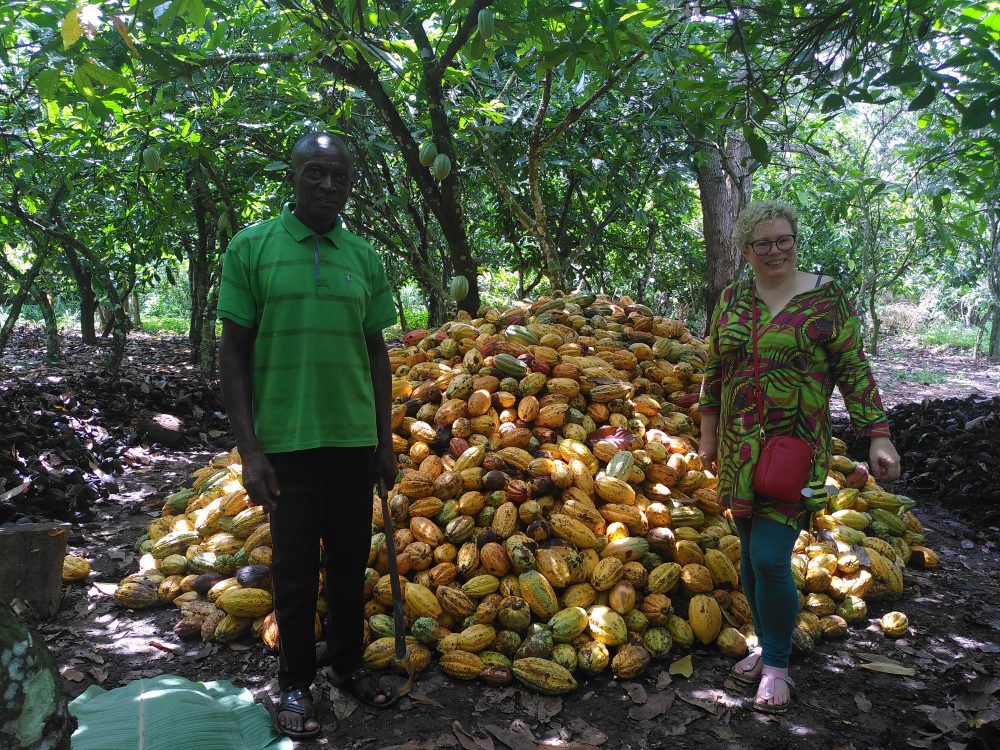
Most cocoa farmers and their children have never tasted chocolate as 99% of their cocoa is exported to Europe to be processed into chocolate. I visited a chocolate factory in Suhum – just north of the capital Accra. FairAfric gave me a tour of a cocoa farm, the factory and the chance to make my own chocolate. Around 100 people are employed in well paid, technical jobs. Their chocolate is on sale in Ghana but most of it is exported to Germany and around the world. At a smaller scale Nana Nyanteng is working with cocoa farmers to add a couple of processes on the farm which doubles the value of each 64kg bag. This feels like the future of fair trade, making sure the people who do the most work to ensure our supply of chocolate, have a fairer share of the worth of the crop.”
Joanna has set up a social enterprise – Alls Fair Tours – linking fair trade supporters with cocoa farmers through themed tours of Ghana. We hope to be able to join Joanna in Ghana one day and forge links between the schools in their community and the schools we visit in the UK.